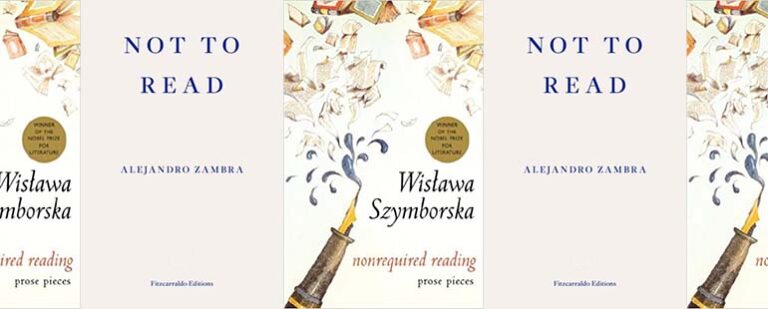Field Goals

August in the U.S. means football. It suffocates bar-stool conversation, seeps into family gossip. The whole business is as inextricable from the American identity as Protestantism. Depending on how the sport touches you, that’s either a boon or a death-sentence, and with August ushering in the NFL’s preseason games, and this weekend being lauded as “one of the best lineups of [college] games a kickoff weekend has had,” I can’t help wondering how an institution so all-encompassing—a socially acceptable cult of sorts—has managed to dodge the pages of literary journals and publisher’s catalogs and agent’s backlogs.
We’ve yet to see a novel capture the ambiguity and the extravagance and the absurdity of America’s Game. There’s no narrative detailing the early pruning. Nothing on the college come-up. Hardly a chapter navigating the auction that’s the NFL draft, or the first-season come-up, or the inevitable eviction from the game (and while Delilo’s End Zone is certainly Up There, it doesn’t touch the business of the game as it’s being played today).
The one novel that can be said to nail an attempt really isn’t about football at all—or at least not on the surface: Ben Fountain’s Billy Lynn’s Long Halftime Walk captures the excess, futility, and extravagance of the country’s devotion to the sport. A group of lauded veterans are voluntold to take a victory tour. One of their stops, naturally, is Cowboys Stadium. But on the field, and in the locker room, and across the stands, and in the maintenance room they’re met with an unrecognizable America, one whose contradictions can hardly be contained (or, depending how you look at it, it’s the America as she’s been all along).
My point here is that Fountain utilizes a number of voices. His prose rings with talk—from maintenance men, to club owners, to staff sergeants, to grieving sisters. There’s honesty in these portrayals, an utter lack of pretension, and an acknowledgement that they’re necessary in order to convey the heart of the thing, and in writing it, Fountain describes the process of a nod towards art than honesty:
Human experience is complex, confusing, layered, ambiguous, open-ended. I suppose that what novelists try to do, or at least this novelist, is to capture as much of that complexity and contingency as possible on the page, in hopes of making some sense of our experience.
But what’s successful in Fountain’s novel is lacking across the board: if the Great Contemporary Football doesn’t exist, if it isn’t here yet, it is due to the absence of these voices. Most of them, by the numbers alone, would have to be black. And with the literary novel’s ambivalence towards Black voices, with vernacular, with language that isn’t accredited and spell-checked, it’s no wonder that we haven’t seen it yet. It’s no wonder that it isn’t here.
Because beyond the plays and the pre-gaming and the ritual behind the game, all the sport is is voice. The voices of unlike people uniting to do a common thing. In an essay for The Paris Review, Ariel Lewiton acknowledged the sport’s indebtedness to language:
“I love the precision of language required to speak with any insight or depth about sports… but as far as I know, no sport has a more expansive vocabulary than football. And no sport has taken so many common words, stripped them of their original meanings, reinscribed them and fed them back into the English language as entirely new entities.”
Conveying that would be a Herculean task (although it looks like Brit Bennett may have stepped up to the challenge). And it looks like we’ll go another season without doing the same.
But maybe another, harder task would be conveying the anticlimax. There is, at the end of any sporting engagement, the feeling of things not quite turning out the way that you’d thought they would (it’s what makes Last Chance U, a documentary series following the exploits of a championship junior college team, as engaging as any novel on your shelf). Whether that’s the long walk back to the car after a loss, the return to real life after a win, the casual discarding of your MVP, or the sudden remembrance, in the midst of the sport, of some other, un-real thing from real life, life outside of the engagement—if everything ends, and the ending is horrible, perhaps this is even truer in sport. And for an endeavor built on the notion of antiquity, nothing could be more anemic. There’s no time to wonder how everything’s gone to shit. You’re exchanging the bliss of the moment for the forever to follow. It’s a cruel trade. A lot of people would say it’s worth it.
Beyond all of its fanfare, football is built on language. It’s manipulation. It’s poetics. And the problem of translating its rush for literary audiences lies less in the subject matter than the execution itself.


